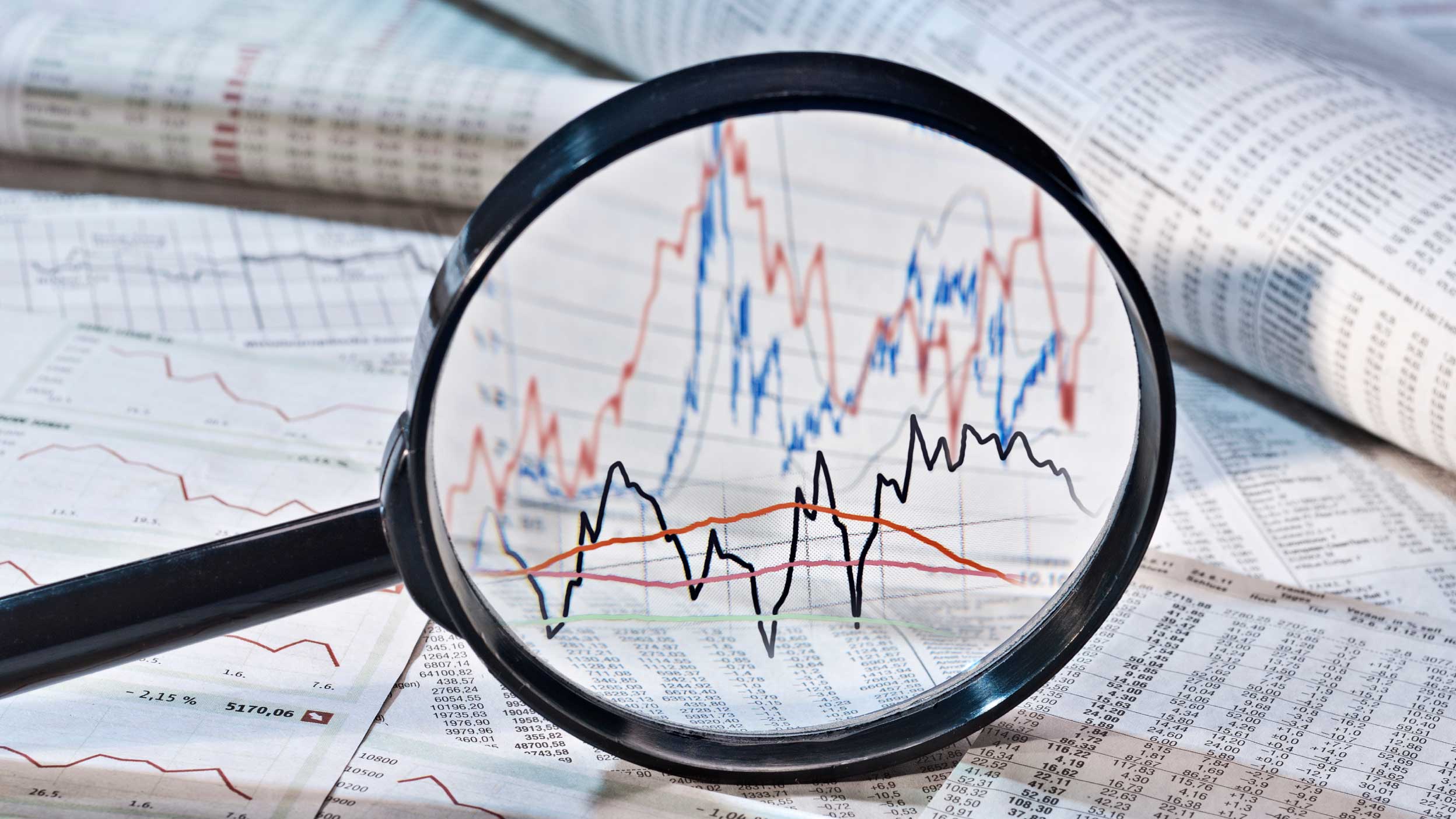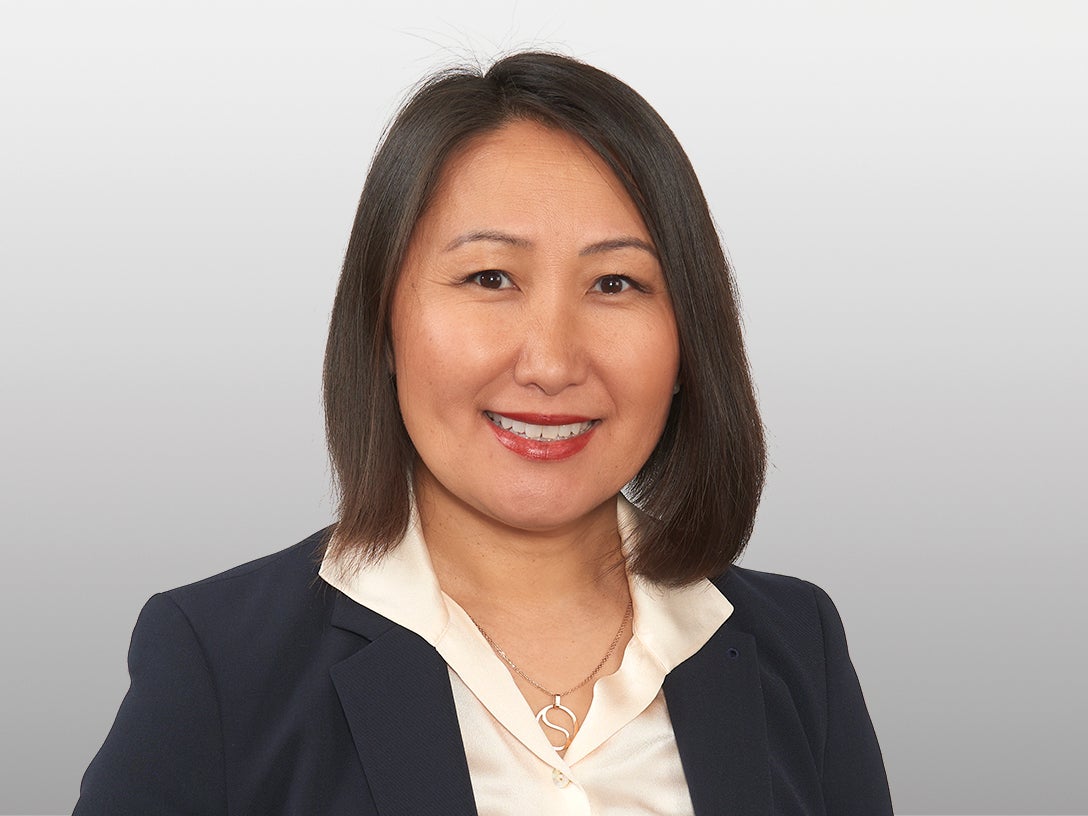Green bonds are debt securities designed to finance climate and environmental projects. For example, they may support energy efficiency, sustainable agriculture, clean transportation, sustainable water management, and so on.
Green bonds can be good at promoting ESG outcomes, however it is also important to remember that some companies which are sustainable don’t issue green bonds. That’s why we don’t restrict ourselves to green bonds only in our management of the fund. Instead, we form our own judgement on a company’s financial and green credentials. For example, if a company we like issues green and non-green bonds, we can choose which is the best value.








